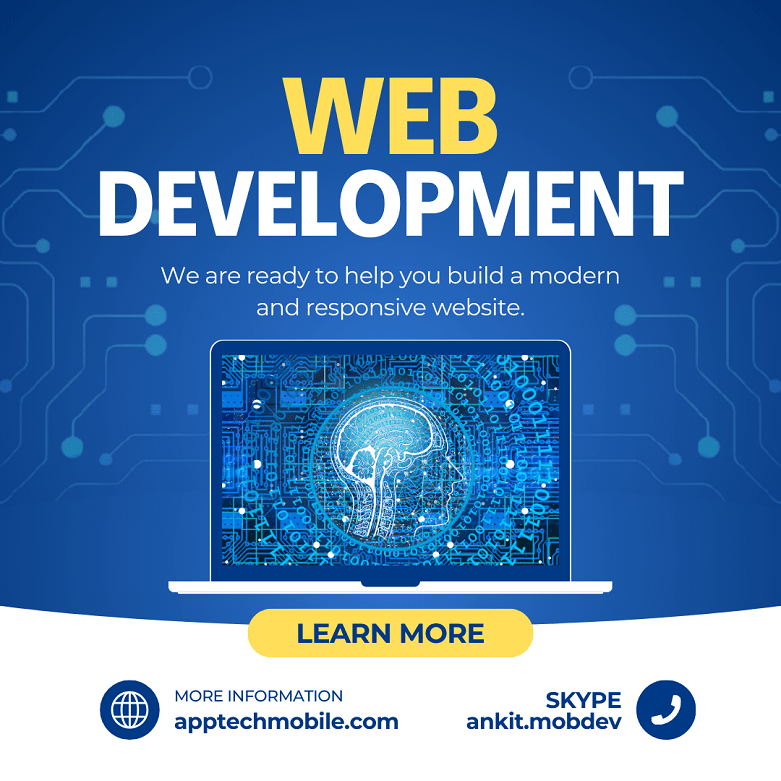Unleashing the Power of Angular for Front-End Development
In the ever-evolving landscape of front-end development, choosing the right framework is crucial. Angular, developed and maintained by Google, stands out as a powerful tool for crafting dynamic and responsive user interfaces. Let's delve into why Angular should be your top choice for front-end development.
Declarative UI for Simplicity:
Angular's use of declarative templates with HTML allows developers to describe the structure of the UI effortlessly. This simplicity makes it easy to understand and maintain the codebase.
Two-Way Data Binding:
Angular's two-way data binding facilitates automatic synchronization between the model and the view. This feature minimizes the need for boilerplate code, simplifying the management of data flow in your application.
Modular Architecture for Scalability:
Angular's modular architecture, driven by components, encourages code organization and reusability. This modular structure scales seamlessly as your project grows.
Dependency Injection for Testability:
Angular's dependency injection system allows for the creation of loosely coupled components. This enhances testability, maintainability, and extensibility, crucial factors in robust application development.
MVVM Architecture for Maintainability:
Following the MVVM architecture, Angular neatly separates concerns between the model, view, and view model. This separation enhances code maintainability and testability.
Rich Set of Directives for Dynamic UI:
Angular offers a rich set of built-in directives, simplifying complex UI manipulations. Directives like ng-if, ng-for, and ng-switch empower developers to create dynamic and interactive user interfaces.
Cross-Browser Compatibility:
Angular handles cross-browser compatibility issues seamlessly, ensuring consistent performance across various web browsers.
Strong Community Support and Ecosystem:
With a vibrant and active community, Angular provides a wealth of resources, tutorials, and third-party libraries. Community support is invaluable for staying updated on best practices and resolving development challenges.
TypeScript Integration for Robust Development:
Angular's integration with TypeScript adds static typing to the development process, improving code maintainability and providing early error detection.
Powerful CLI for Streamlined Development:
Angular's CLI simplifies common development tasks, enforcing best practices and streamlining the creation, building, testing, and deployment of Angular applications.
Conclusion:
In the competitive landscape of front-end development, Angular emerges as a powerhouse, combining simplicity, scalability, and a robust set of features. Choose Angular for your next project, and empower your development team to build dynamic, efficient, and maintainable user interfaces.


Leave a comment
Your email address will not be published. Required fields are marked *